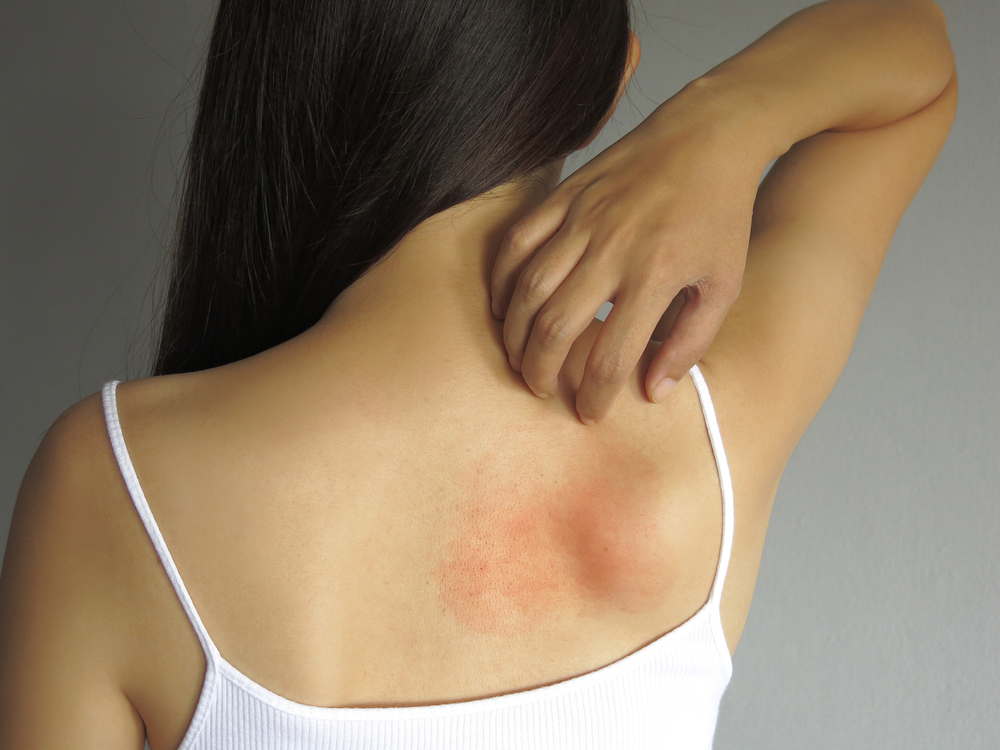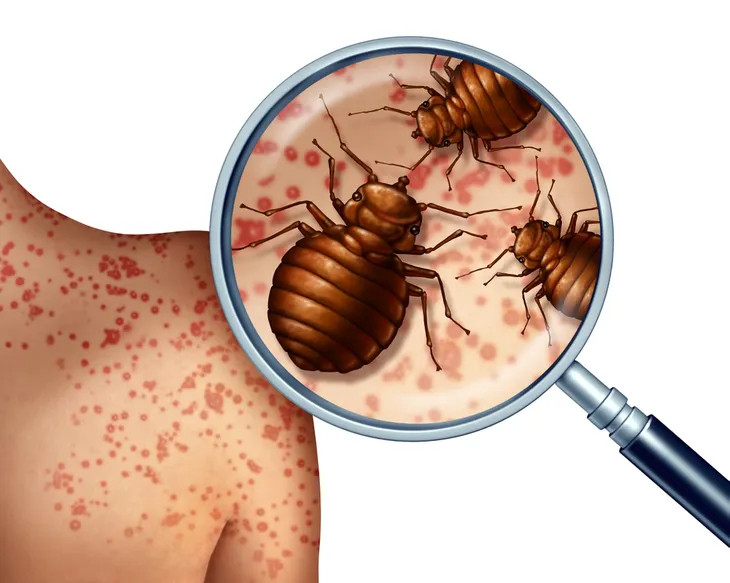Not typically serious, but always irritating and embarrassing, skin rashes can be caused by a number of factors—such as environment, infection, stress, heat, allergens, immune system disorders, and medication. Most of them will clear up on their own, however, more serious skin conditions (i.e., rosacea and eczema), may require medication or even treatment.
Let’s take a look at some common causes of irritating skin rashes…
Perfumed Soap
Harsh soaps and detergents are often irritating to the skin, and if you’re particularly sensitive you can end up with a nasty bout of eczema or hives after using a new detergent to wash your clothing or bedding.
Fragrant Body Lotions
Often skin creams and lotions contain harsh chemicals and colors to maintain a “pleasing” smell. The problem is that fragrances is a common cause of allergic contact dermatitis especially in those with eczema or sensitive skin. Avoiding them can reduce skin issues.
Stress
Some forms of skin irritations (i.e., dermatitis) are a result of internal conditions such as anxiety—when the stress turns up the heat; the chemical process in the body react and trigger the skin condition.
Heredity
We love our families, but sometimes our parents or even our grandparents pass down a tendency to get dry skin. For instance, if a parent suffers from eczema, chances are a child may develop it as well.
Allergies
Seasonal allergies—such as asthma—can trigger an annoying skin reaction, like hives, that form as itchy bumps on the surface of the skin and disappear once the allergen disappears.
Chemical Cleaners
All purpose household chemicals contain harsh chemicals—like ammonia—designed to combat grease and remove stains. However, if you don’t wear gloves these chemicals can disrupt your skin barrier, leading to dry and irritated skin.
Plants
Campers and hikers are constantly warned to be wary of poison ivy, poison oak, and sumac, which can irritate the skin in different, but not harmful ways. For instance, a brush with poison ivy will leave red, itchy blisters on the skin a few days later due to a plant resin called urushiol. The rash will disappear in a few weeks, but may require topical ointment.
Sunscreen
If your skin is sun sensitive you might be out of luck with sunscreens containing a chemical called para-aminobenzoic acid, or PABA. When the product is absorbed by the skin, it could cause an annoying allergic reaction or skin rash. Instead, seek out sunscreens without PABA.
Bug Bites
Chances are that you’re going to encounter bugs if you go outside this summer. Mosquitoes, ticks and black flies, bite in order to feed on your blood. Stinging insects like bees will cause painful marks at the site of attack, whereas biters, like ants and spiders, will secrete irritating venom that can irritate the skin.
Heat Rash
In hot, muggy weather, a heat rash often develops in blisters or red lumps on the skin resulting from excessive sweating and friction (usually from skin or clothing) as sweat ducts are blocked and sweat gets trapped under the skin. The rash will typically clear up in a few hours once you cool down.
Fabrics
Everything from your bath towel to your new sweater can cause skin irritation, typically due to abrasive fabric, clothing dyes, chemical additives, or chafing from clothing that’s too small or too tight against the skin. Avoid wool or scratchy material and stick to cotton based fabrics.
Cosmetics
Lotions, deodorants, perfumes, and make-up often contain added color, fragrance, and preservative that can cause allergic skin reactions. For instance, many deodorants can cause an irritating rash under your armpits if they contain alpha-hydroxy acid. If you do have a reaction, discontinue use immediately and seek fragrance-free products.
Shaving
Shaving is abrasive if you don’t lubricate the skin adequately before skin removal. That’s why a generous dollop of shaving cream or soap later is important to avoid razor burn and even scarring due to scraping.
















